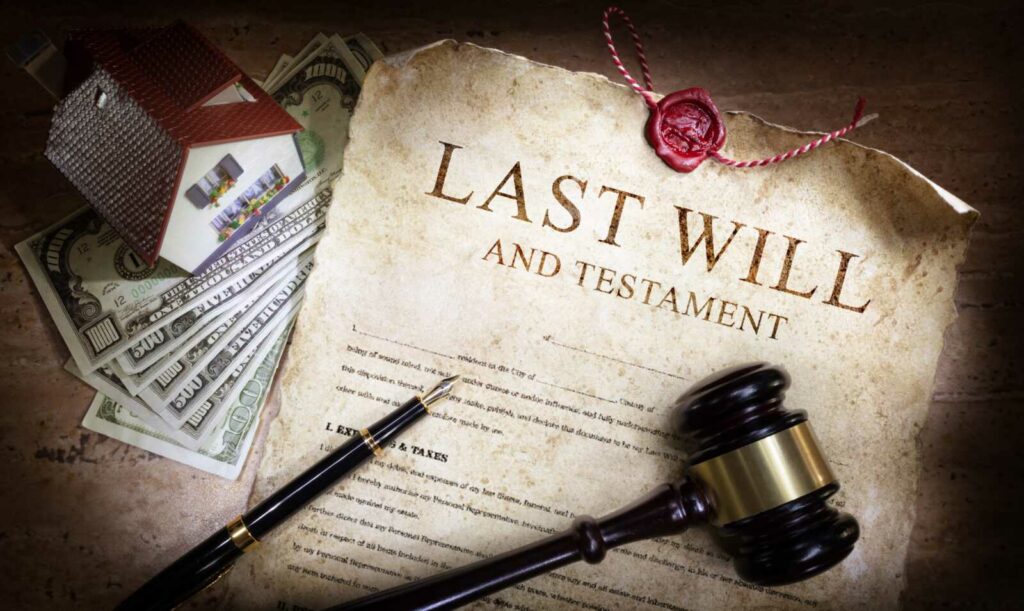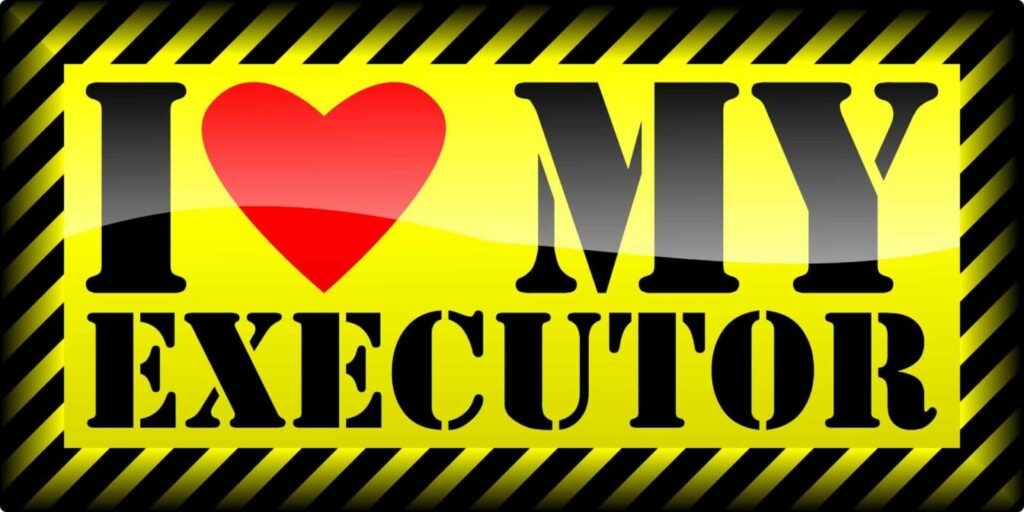
What Is a No-Contest Clause, and Do They Work?
Between 1% and 3% of wills are contested in the United States each year, research shows.
Call us Anytime
Laurel, MD 20707
Downs Law Firm, P.C.
Home • Probate

Between 1% and 3% of wills are contested in the United States each year, research shows.

Serving as an executor is a significant responsibility that requires careful attention to legal, financial and administrative details to ensure a smooth probate process.

Seventy-seven percent of respondents in a recent survey said estate and legacy strategies were important for everyone, not just wealthy individuals, yet only 24% said they had taken the basic step of designating beneficiaries for all of their accounts.
Probate is what’s left over I draw about ten frying pans a week on a legal pad. This is not due to my great artist ability. We offer fee consultations to our client’s named financial successor after a person dies. That would be the Personal Representative, or executor, of a Last Will and Testament, or the Successor Trustee of a Revocable Living Trust. For trust clients, they are almost always the same person(s). In those consultations, I draw a frying pan. You see, Wills work through a Court process called probate. They are not effective until a Court appoints you as the actual representative, in Maryland by passing an Order and issuing Letters of Administration. Probate is the process of “Proving” the Will, meaning that interests parties are notified, and have a chance to object to the will. It is not necessarily good or bad. It is necessary if a will is to be used to distribute assets. Assets don’t necessarily go through this process: Often nothing does. The process is avoided by either Title or Contract. Title is by the form of ownership: Most husbands and wives own virtually everything this way as tenants by the entireties (T by E). If your spouse dies and the house, bank accounts and vehicles are in both names, then they are not in the frying pan. They get diverted by the title. You can own assets jointly with rights of survivorship (JWROS). At the death of one joint owner, the assets go to the survivor. You can also own property with another person as tenants-in-common, meaning that title of your portion does not convey by title at death. Like everything in life, title transfer can be good and bad. It’s great because it’s free. It’s bad because it can have unintended consequences. I transfer my house to myself and my son as joint owners, to “avoid probate”. My son has a car accident, and suddenly I may lose my home because my son owns part of it. Adding someone to the deed is simple, but not necessarily a good idea. I had a client who had two nieces that she put on her two investment accounts, each with a balance of about $200,000. One niece was named as a joint owner of each account. She later entered a long-term care facility. Her one niece dutifully paid the bill for over a year. The other decided to wait and see. When my client died, the niece who was faithful to her got next to nothing, while the other got her full account. How do you think they are now getting along? Also, it may be that a beneficiary should receive their inheritance in a controlled manner. Special needs beneficiaries need may want their benefits preserved. Someone with a drug problem might be best served with specific controls. A child getting divorced might want to buffer their inheritance. Title transfers are simple but don’t allow for any controls. They say there is more than one
The loss of a loved one can be an overwhelming experience. To make matters worse, there are important decisions to be made despite the grief.

The process averages six to nine months to complete. However, it may take up to two years or more for some complex estates, tying up the assets that your family may need immediately.

The loss of a loved one is a difficult time, often compounded by the necessity of addressing estate settlement and the liquidation of assets.

While a will is one of the most important estate planning documents you can have, there are things that a will won’t cover.

Lisa Marie Presley’s estate—previously at the center of a high-profile family dispute between actor Riley Keough and her grandmother Priscilla Presley—is the subject of another legal filing, this time over an alleged unpaid loan of $3.8 million. Keough became the sole trustee of her late mother’s estate less than two months ago.

Dealing with death is never easy and overseeing the estate can be complicated. However, staying organized can help you manage things smoothly.